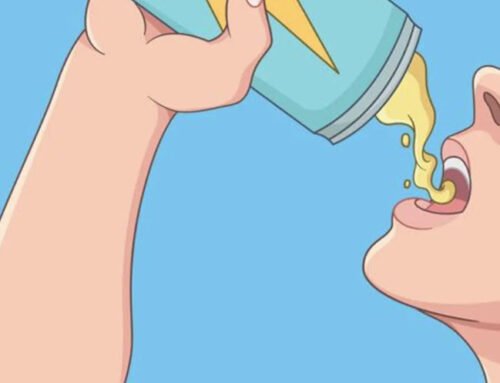Click here to view article on Massey University site (17/05/2005)
Does caffeine enhance skilful performance? This is the question Dr Andrew Foskett and the Sports Science team are seeking to answer with research under way at the Albany campus.
Caffeine was removed from the World Anti-Doping Agency (WADA) list of prohibited substances in 2004. Previously, competitors who tested positive for more than 12 micrograms of caffeine per millilitre of urine could be banned from competition.
Caffeine is a central nervous system stimulant, entering the bloodstream through the stomach and small intestine. Caffeine intake does not show a dose-response relationship more is not necessarily better.
In fact, says Dr Foskett, the optimal dosage for enhancing performance is around 3 6 milligrams per kilogram bodyweight, a level unlikely to have failed a drugs test. Recent studies suggest values as low as 1 1.5 milligrams per kilogram of bodyweight may also improve performance.
According to Dr Foskett, the primary reason that caffeine was removed from WADA’s prohibited list was to affirm that abuse of the product was unnecessary, and that consumption of social doses offered the same performance benefits as doping without the associated health risk.
To date some research findings on caffeine are ambiguous but studies have demonstrated that it can improve performance, both physically and mentally. Research suggests that caffeine can benefit endurance sports like cycling, long-distance running and possibly long duration sports such as soccer and rugby.
The Sports Science team’s study is designed to examine the effect of moderate caffeine ingestion on a player’s physiological and skilled performance. In order to quantify the specific effects of caffeine on performance, Dr Foskett’s colleague, Dr Ajmol Ali, has developed a validated soccer skills test for players which the pair will use to measure the effects of caffeine during a simulated game.
The test is based on skills such as accuracy of passing, ball control, decision making and fine motor control, integrated into a running protocol which simulates the physiological demands that a player will undertake during a competitive game. Previous work on the effects of caffeine have generally concentrated on isolated parameters of performance or the player’s perception of effort.
This study will quantify actual changes in the player’s skill and physiological performance in specific activities relating to the game.
The study will compare caffeine with a placebo in a randomised, blind, cross-over design so that participants will be unaware of which treatment they are on.
The team expect to have completed their trials by September, depending on high level player availability through the season.









